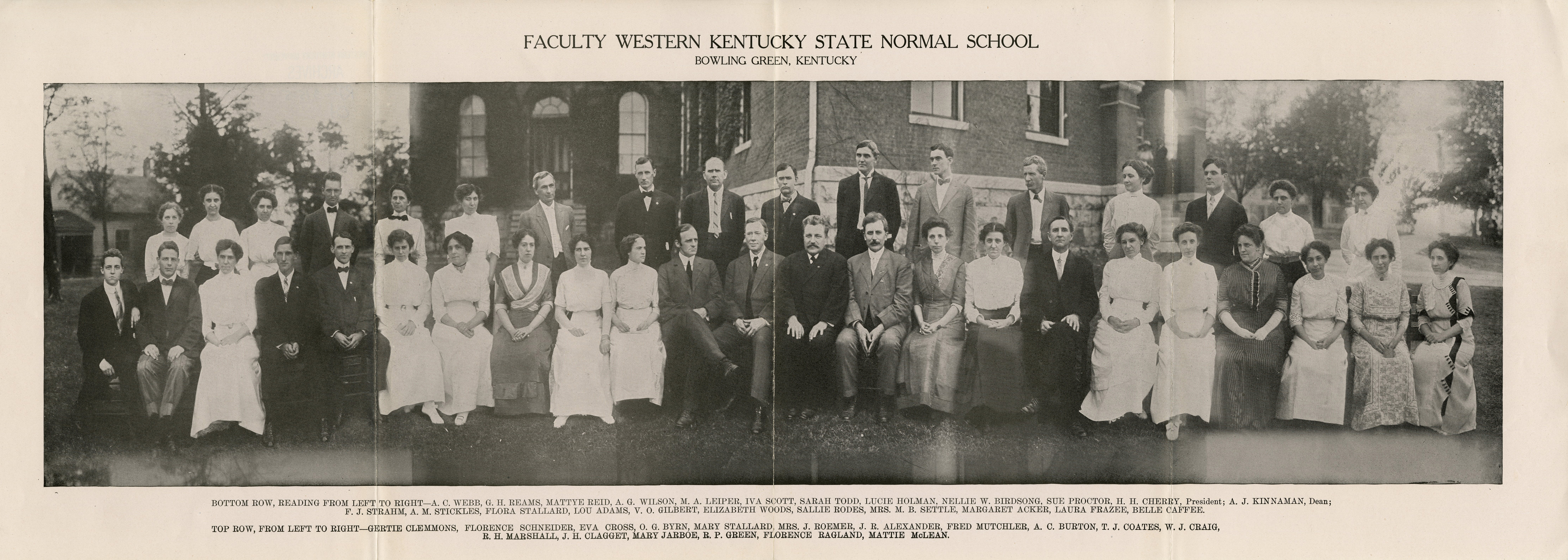Abstract
During the early years of the American Association of State Colleges & Universities’ (AASCU) American Democracy Project (ADP), a handful of civic-minded leaders in higher education began to grapple with what it meant to teach students to be engaged citizens. The project began with seven initiatives focusing on efforts such as voting, stewardship of land, political engagement, and citizenship to build a foundation for increasing civic literacy, democratic agency, and community engagement among college students (American Association of State Colleges and Universities, 2019). Membership and participation in ADP grew quickly and it seemed an organic revolution of sorts was building in higher education. Across the country, centers focusing on engaged democracy gained popularity among public institutions, and efforts to develop programs focusing on community engagement became commonplace. Historically, higher education has provided students with the skills to successfully engage in philosophical debates, defend democratic values, and gain a spirit of public mindedness. These are the foundations that set our institutions apart from vocational training and job-skills instruction. In light of the current climate and relentless attacks on higher education, colleges and universities need to remain steadfast in their common goal of creating democratically engaged citizens who are proficient in the areas of civic dialogue, ethical practices, and moral problem-solving even in work-force development curricula. Unfortunately, college and university administrators find themselves in a quagmire when forced to close liberal arts programs responsible for teaching civic skills due to state and federal budget cuts that have left institutions with little funds to thrive. As education professionals report, enrollment in traditional higher education institutions has continued to drop over the last six years (Fain, 2017; Green, 2018; Vedder, 2018). While some cite the improved economy and availability of jobs, others argue the price of higher education and the daunting nature student loan debt repayment have deterred enrollment. No matter what experts cite as the main culprit, most agree public opinion and disdain for higher education plays at least a small role in declining numbers of incoming students. There is growing opinion that only STEM+H degrees provide students with the necessary training to do tasks needed for skilled jobs (for example, engineering and nursing). This ideology represents a paradigm or cultural shift in the public’s view on the nature and value of post-secondary education and the college degree. Some critics believe colleges harm our country and provide slanted views that disrupt our communities and political system. Unfortunately, this opinion has permeated our national climate and added to the devaluing of educational programming aimed at critical thinking, civic engagement, and diversity. Higher education is undergoing monumental change. So, what happens to these departments and colleges when budgets get tight and critical decisions to fold academic programs must be made? How do faculty, staff, and students survive when faced with defending their existence and forced to come up with creative ways to maintain resilient departments, programs, and centers focusing on civic engagement, social justice, and diversity? How do we embed our valuable work into changing social expectations of workforce development and education? In short, how do we change effectively and responsibly? Developing theoretical foundations from which to build social action for the next few decades is imperative.
Disciplines
Education | Higher Education
Recommended Citation
Kerby, Molly, ""Change is the Essential Process of All Existence:" Transformation Through Civic Learning & Democratic Engagement's Theory" (2020). Faculty/Staff Personal Papers. Paper 272.
https://digitalcommons.wku.edu/fac_staff_papers/272

